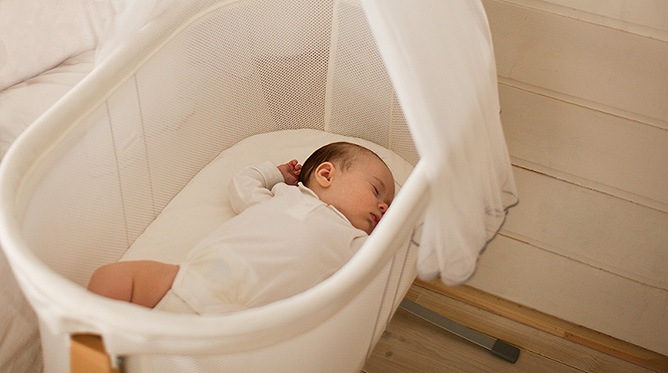
Respiratory syncytial virus (RSV): how we protect our children
Respiratory syncytial virus (RSV): a new experimental vaccine given to pregnant women against the respiratory virus in babies
Due to the Covid pandemic and the measures taken to combat it, the respiratory syncytial virus (RSV), which mainly affects children from zero to two years old, had not been seen last year
But this year it has made a comeback and has done so ahead of the season.
“Let’s start by saying that this is a respiratory disease that has always existed, it’s not something new,” says Costantino De Giacomo, Director of Niguarda’s Maternal and Child Health Department.
“Every year, with the arrival of the winter season, in our department we admit several children, small and very small, affected by this virus, which usually starts to be felt from December”.
CHILD CARE PROFESSIONALS IN NETWOK: VISIT THE MEDICHILD STAND AT EMERGENCY EXPO
This year, however, the first cases of RSV were detected as early as mid-October, and the numbers have been rising rather quickly
The most common symptoms are colds and coughs, but more aggressive forms can also occur, leading to bronchiolitis, with inflammation and congestion at the end of the bronchi, the so-called terminal bronchioles.
In most cases the disease resolves spontaneously within a few days thanks to a little extra attention from mum and dad.
In more serious cases, however, hospitalisation is necessary.
Premature babies and children with heart and lung diseases are most at risk.
The key words for protection are prophylaxis and differential diagnosis.
In order to intervene even earlier against the syncytial virus, an international multi-centre trial involving 22 countries worldwide was launched this year at Niguarda.
The aim of this study is to verify the efficacy and safety of a new vaccine administered to pregnant women between the 24th and 34th week of gestation.
“This will allow the woman to produce antibodies that will then, in the last trimester of pregnancy, pass through the placenta to the baby. In this way, the baby will be protected directly by the vaccinated mother, which is what is already done, for example, with whooping cough,” concludes De Giacomo.
The vaccine’s reactogenicity (i.e. the occurrence of adverse reactions) will be assessed in women up to 6 months after delivery, while safety in newborns will be assessed up to 12 months after birth.
Read Also:
Respiratory Syncytial Virus (RSV), 5 Tips For Parents
Infants’ Syncytial Virus, Italian Paediatricians: ‘Gone With Covid, But It Will Come Back’
Respiratory Syncytial Virus: A Potential Role For Ibuprofen In Older Adults’ Immunity To RSV


